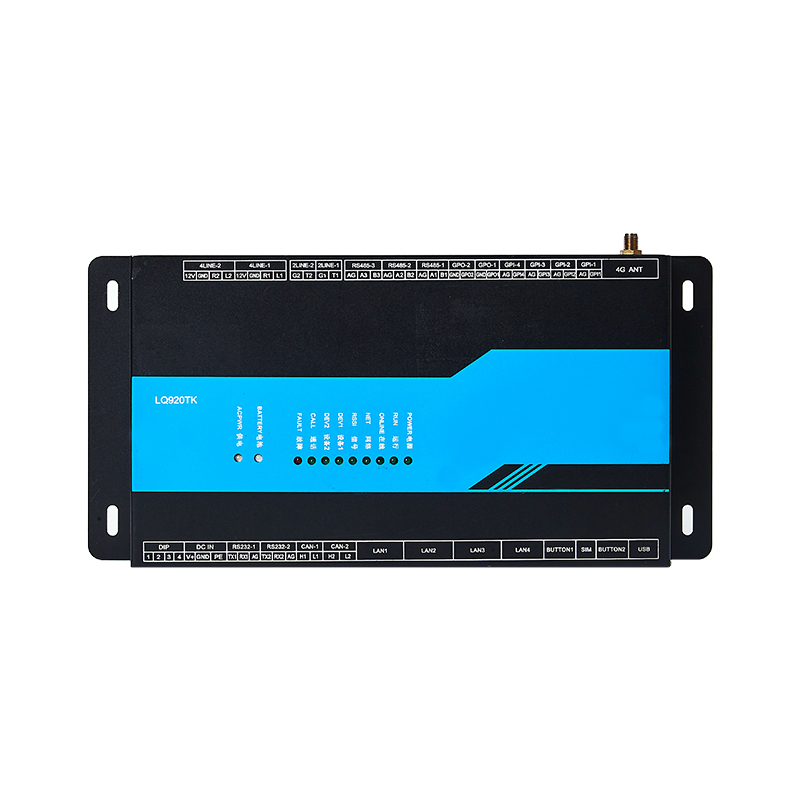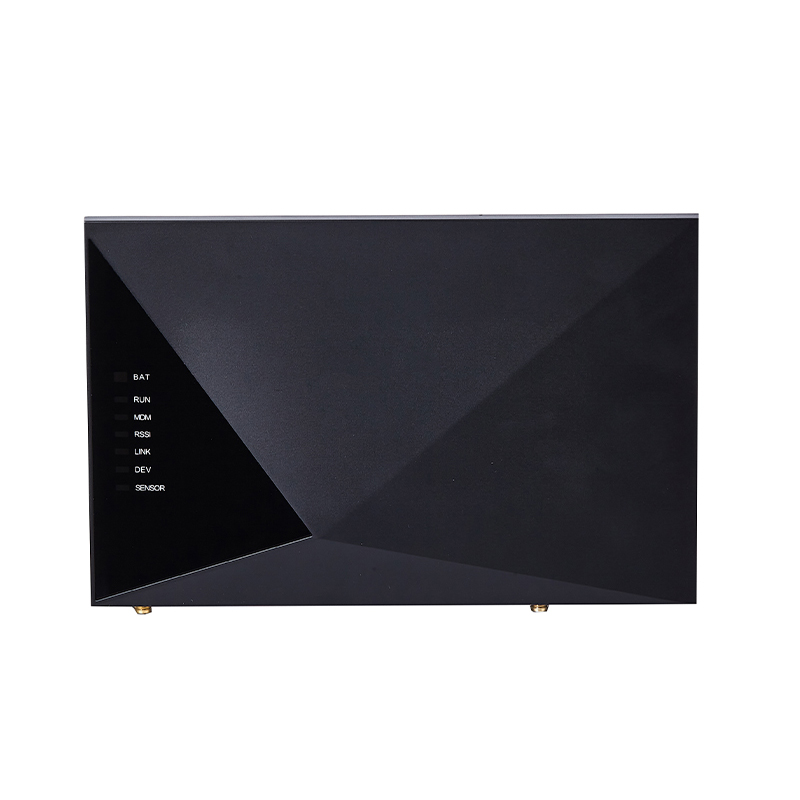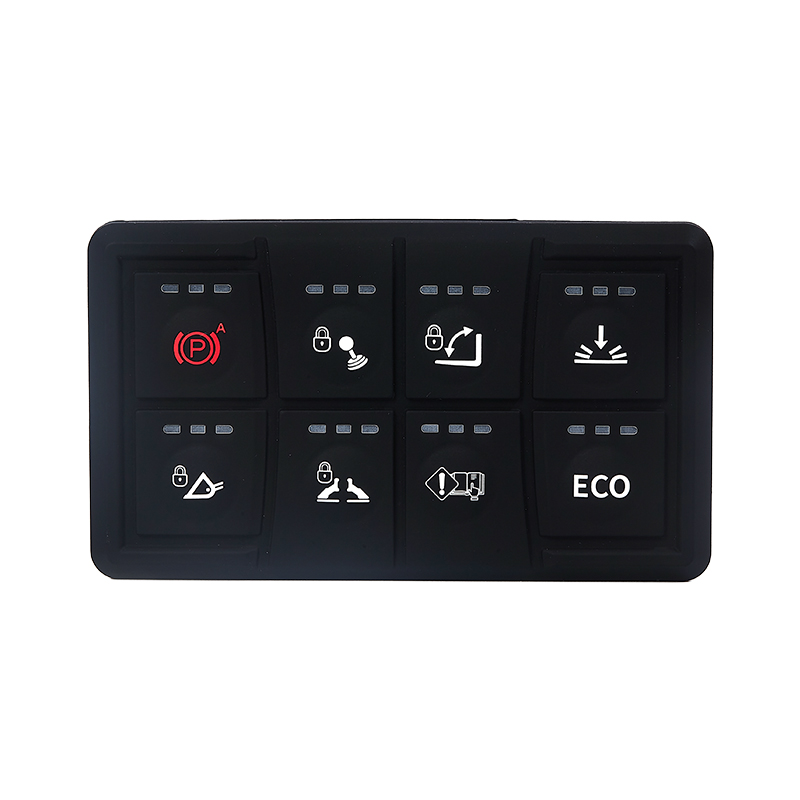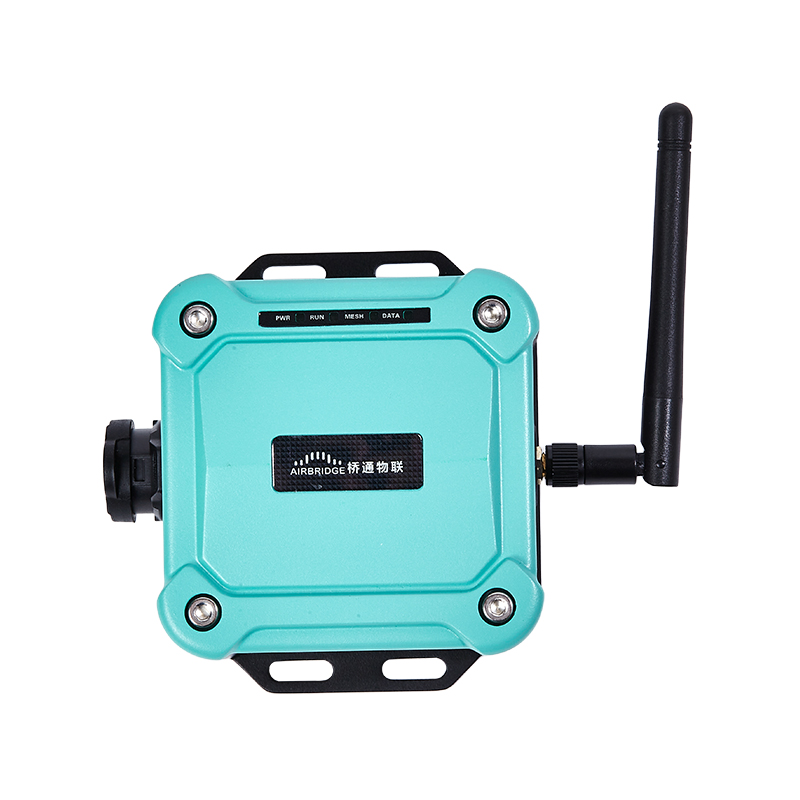What are the core functions and application scenarios of industrial router?
Release Time : 2025-03-03
Industrial router is a network device designed for industrial environment. Its core function is to realize the interconnection between industrial equipment and sensors, as well as data collection, transmission and processing. This router not only has the network connection and data forwarding capabilities of traditional routers, but also has many optimizations for industrial environment, such as enhancing stability, improving security, and adapting to harsh environment.
The primary function of industrial router is data collection and transmission. It can connect various industrial sensors and equipment, collect field data in real time, and send this data to upper-level system or cloud application through wired or wireless network. This function is essential for realizing remote monitoring, fault warning and data analysis of industrial equipment. With industrial router, enterprises can grasp the operating status of equipment in real time, find and solve problems in time, so as to improve production efficiency and equipment utilization.
In addition to data collection and transmission, many industrial routers also have built-in basic data processing and analysis functions. They can perform preliminary screening, preprocessing and analysis on the received data to extract valuable information. This data processing capability helps enterprises find potential problems, optimize production processes, and provide data support for enterprise decision-making.
In the context of Industry 4.0 and smart manufacturing, industrial routers have become key equipment for realizing smart factories and remote operation and maintenance. By deploying industrial routers, enterprises can connect various equipment on the production line to the cloud management system to realize real-time collection and analysis of production data. This not only improves production efficiency, but also reduces labor costs. At the same time, technicians can diagnose and repair equipment through the remote operation and maintenance system, greatly improving operation and maintenance efficiency.
In the field of energy management, industrial routers also play an important role. Especially in the construction of smart grids, industrial routers can connect various energy devices and sensors to form an Internet of Things system. This helps to realize the real-time collection, transmission and analysis of energy data and provide decision support for energy management. Through industrial routers, power companies can obtain the operating data of each node of the power grid in real time, conduct remote monitoring and fault diagnosis, adjust power distribution in time, and optimize the operation efficiency of the power grid.
The environmental protection industry also cannot do without the support of industrial routers. By deploying industrial routers, environmental protection departments can collect environmental data such as air quality, water quality, noise, etc. in real time, and transmit these data to the cloud for analysis and processing with the help of high-speed networks. This not only improves the accuracy and timeliness of environmental protection data, but also provides strong support for the formulation and implementation of environmental protection policies. In addition, in the intelligent transportation system, industrial routers can collect data such as traffic flow, road conditions, and vehicle location in real time, realize intelligent control of traffic lights and remote setting of vehicle diversion, and improve traffic management efficiency.
With the popularization and application of 5G technology, industrial routers will usher in new development opportunities. 5G has higher bandwidth, lower latency and stronger connection capabilities, enabling industrial routers to support more devices online at the same time, meeting more complex application scenarios such as future smart factories and intelligent transportation. The future industrial router will be more intelligent and have the ability to self-learn and adapt. Through artificial intelligence and machine learning technology, industrial routers can autonomously adjust network strategies, optimize data transmission paths, and improve network performance according to network status and device requirements. At the same time, with the increasingly severe network security issues, future industrial routers will pay more attention to security protection, and ensure the security of data transmission through continuously upgraded security algorithms and protection measures.
The core function of industrial routers is to achieve interconnection between industrial equipment and sensors, as well as data collection, transmission and processing. Its application scenarios are extensive, including smart factories, remote operation and maintenance, energy management, environmental monitoring, smart transportation and other fields. With the continuous advancement of technology and the continuous expansion of application scenarios, industrial routers will play an increasingly important role in industrial automation and intelligent transformation.







